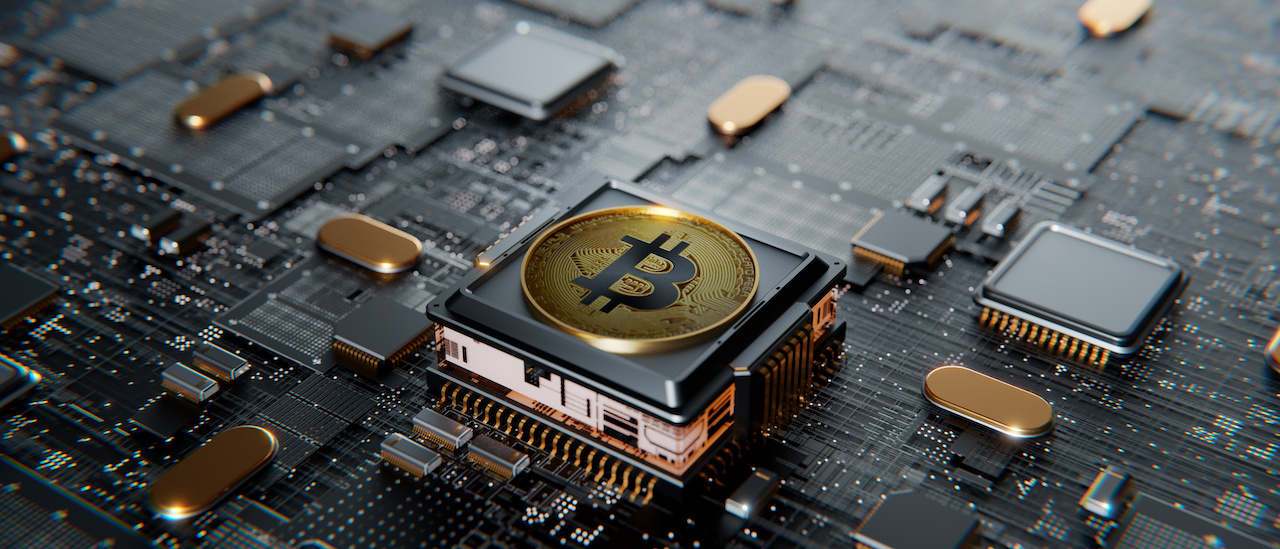While many celebrate Bitcoin (BTC)’s plethora of new applications related to its new “Ordinals” protocol, developers maintaining the network’s source code are in disarray on the matter.
Critics claim that new types of transactions beyond simple Bitcoin transactions are clogging the blockchain for those trying to use it for its intended purpose.
One such critic is Ali Sherief, who told Bloomberg that he thinks Bitcoin’s system is being “abused.” The developer recommended introducing a Bitcoin upgrade in early March that would delete all transactions related to the new protocol.
“Worthless tokens threaten the smooth and normal use of the Bitcoin network as a peer-to-peer digital currency,” he said to fellow devs in an email group at the time.
On May 9, Bitcoin transaction fees returned to highs not seen since 2017 after a pseudonymous Twitter user developed the BRC-20 token standard – an Ordinals-based project for issuing fungible assets on Bitcoin.
What immediately followed was an explosion of speculative memecoins on Bitcoin that now boast a near $500 million market cap. Ordinals transactions exploded as a consequence, and have recently crossed 10 million in total.
The Bitcoin blockchain uses a limited amount of hard drive space for recording transactions, limiting its settlement speeds to roughly 7 transactions per second. When users request more transactions than new blocks can handle, they must bid for miners to prioritize processing their transfers using higher transaction fees.
As such, other developers like Luke Dashjr think regular transactions ought to be prioritized, while others should be classified as “spam.” He even created a tool called “Ordisrespector” for Bitcoin node runners to ignore such problematic transactions.
“Action should have been taken months ago,” he wrote in a developer group. “Spam filtration has been a standard part of Bitcoin Core since day 1.”
Many think the innovation ought to be celebrated, however, and view it as unethical for developers to attempt discounting transactions that they subjectively disapprove of.
Jameson Lopp, co-founder of the Bitcoin custody solution Casa, thinks transactions are valid so long as users are willing to pay the attractive fee. Critics, he claimed, are effectively claiming that “any form of auction is a denial of service, and whoever wins is denying all of the losers of the auction,” Lopp said.
Bitcoin billionaire and advocate Michael Saylor also welcomes the advent of Ordinals – especially for the applications it could usher in beyond speculative tokens and assets.
“What if I was using [BRC-20] to tokenize all of the stocks and ETFs trading on NASDAQ so that individuals can take personal custody of their shares of stock instead of leaving them locked up with a centralized custodian” he said at Bitcoin 2023 in May. “If it was presented that way, then Bitcoiners would love it.”
Stably has already leveraged the BRC-20 standard to launch Bitcoin’s first native US dollar stablecoin, Stably USD (USD).
Read the full article here


